Barry Smitherman: How Texas Used a Free Market to Reduce Electricity Prices and Pollution
Barry Smitherman has an op-ed in the Dallas Morning News, “How Texas used a free market to reduce electricity prices and pollution.” Smitherman is former chairman of the Texas Railroad Commission and before that of the Texas Public Utilities Commission. He highlights price reductions available to consumers as compared to prices immediately before the retail

